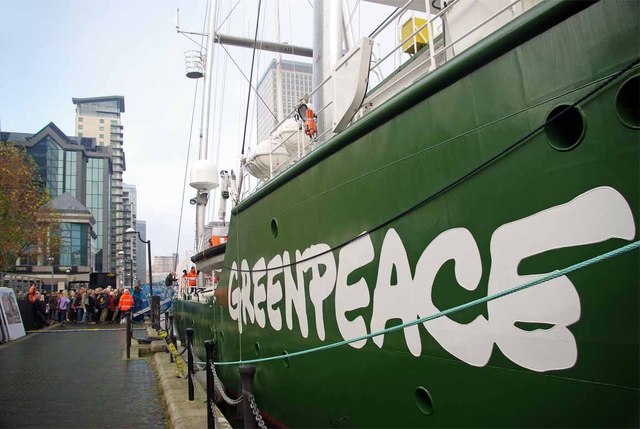Greenpeace launches $1bn proposal calling for regenerative agriculture
The environmental organisation has drawn up a unique and detailed plan, outlining five key projects that they say the Government should immediately invest in to "begin a transformation of the New Zealand agriculture sector".

- Country:
- New Zealand
Ahead of the Government’s post-Covid Budget announcements on May 14th, Greenpeace has launched a proposal calling for a $1 billion investment in regenerative agriculture.
The environmental organisation has drawn up a unique and detailed plan, outlining five key projects that they say the Government should immediately invest in to "begin a transformation of the New Zealand agriculture sector".
Greenpeace sustainable agriculture campaigner, Genevieve Toop, says serious investment in regenerative agriculture as part of the Government’s post-Covid economic planning could catalyse a much-needed shift.
"Right now, we have an unprecedented opportunity to make the shift to regenerative farming that works with the environment, not against it," says Toop.
"We can build back better through the post-Covid economic recovery and make public investments that address the climate and ecological crises we still face. Backing farmers with a billion-dollar regenerative farming fund is a crucial part of this."
Toop says unlike mainstream farming in New Zealand, regenerative agriculture is all about diversity instead of monocultures, building soil health instead of degrading it and using natural systems instead of costly and harmful inputs like chemical fertilisers.
It draws heavily on indigenous knowledge and some common techniques include agroforestry, cover cropping and conservation tillage.
"We know that regenerative agriculture has a whole host of benefits, like more productive and resilient farms that clean up waterways, lock carbon into the soil and nourish whole ecosystems," says Toop.
"With Government investment, we can speed up the shift to regenerative farming-from building the necessary infrastructure, like new plant-based food factories and compost plants, to providing grant funding for farmers to take up regenerative techniques like agroforestry."
Greenpeace's plan cites the millions of dollars spent by Governments of the past on intensive agriculture, including subsidies to increase agri-chemical use and stocking rates, drain wetlands and convert forest into pasture.
Previous Governments also used the public purse to fund multi-million dollar infrastructure projects like the synthetic fertiliser factory in Taranaki and several irrigation schemes.
"While there are some Kiwi farmers using regenerative agriculture methods already, for too long the Government’s focus has been on supporting industrial monoculture farming. It’s time for public money to start going to the public good instead," Toop says.
"This is our chance to jumpstart a transition to regenerative farming that will reap rewards for generations to come."
- READ MORE ON:
- Greenpeace
- agriculture
- Genevieve Toop
- agroforestry
- farmers
ALSO READ
Bangladesh Secures $2.75 Billion Financing from ITFC to Boost Energy and Agriculture Sectors
DBT Hosts Webinar on Bio-Manufacturing for Climate-Resilient Agriculture under BioE3 Policy Initiative
Russian Agriculture: A Leadership Shake-Up Amid Export Ambitions
Hatta Farming Festival: Pioneering Sustainable Agriculture in Dubai's Scenic Region
Gujarat's eNAM Portal Revolutionizes Agriculture with Digital Trading










